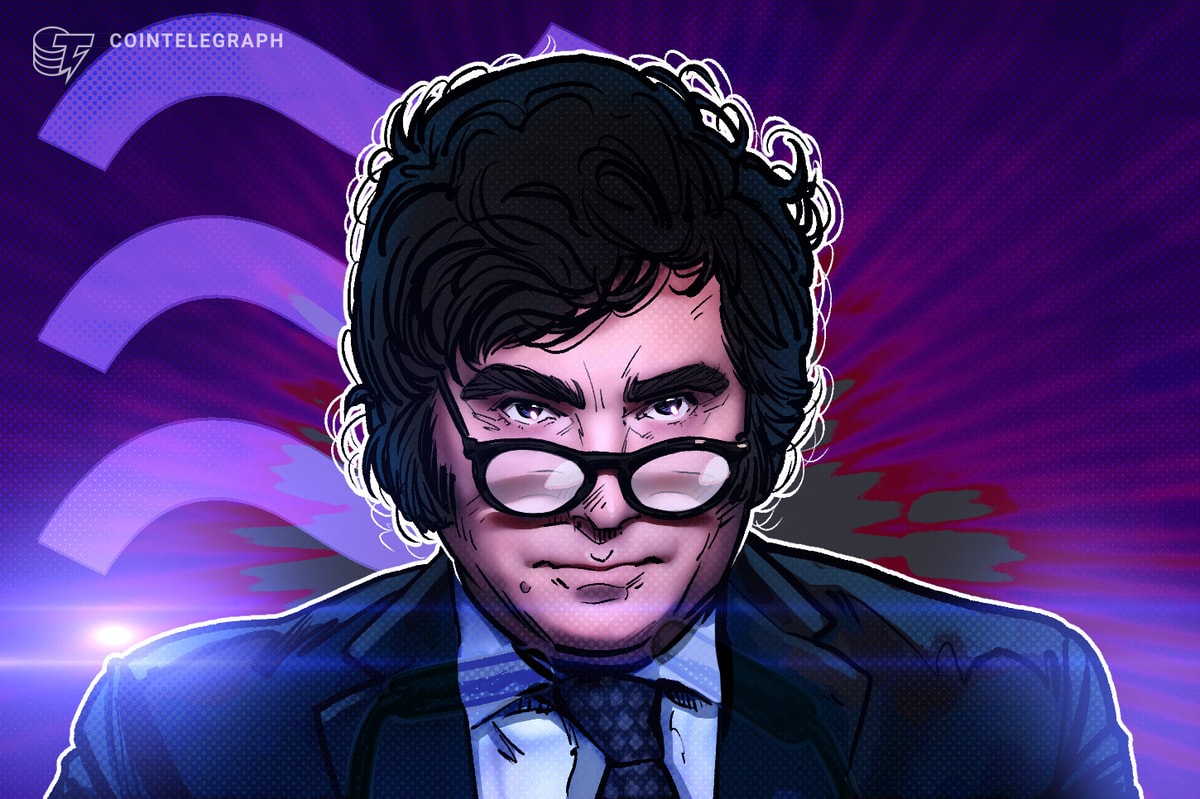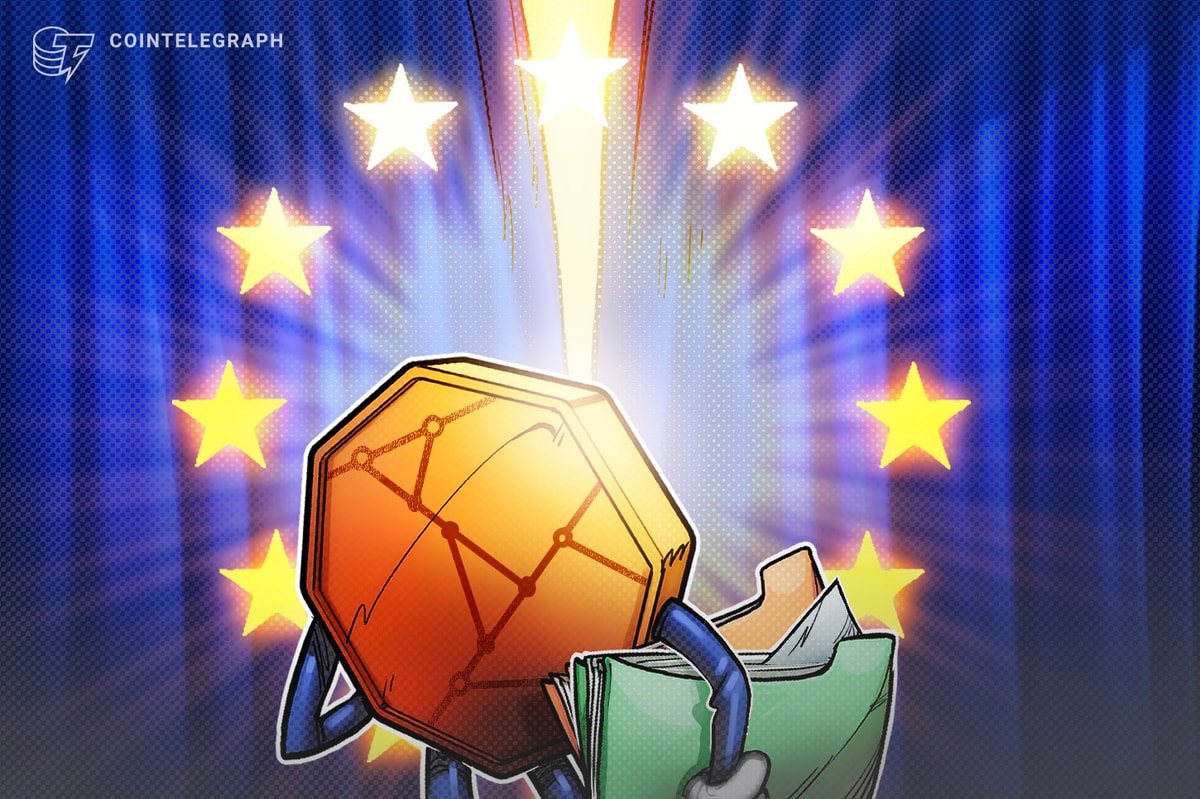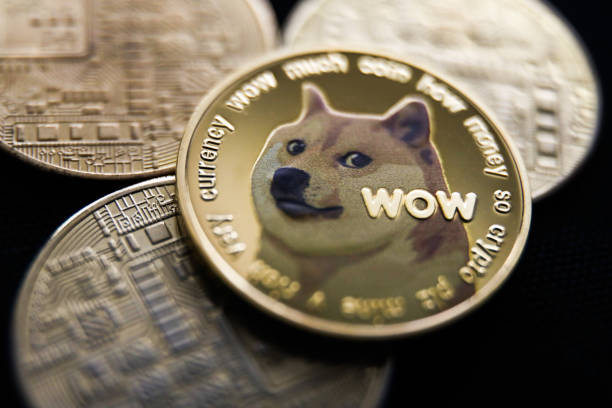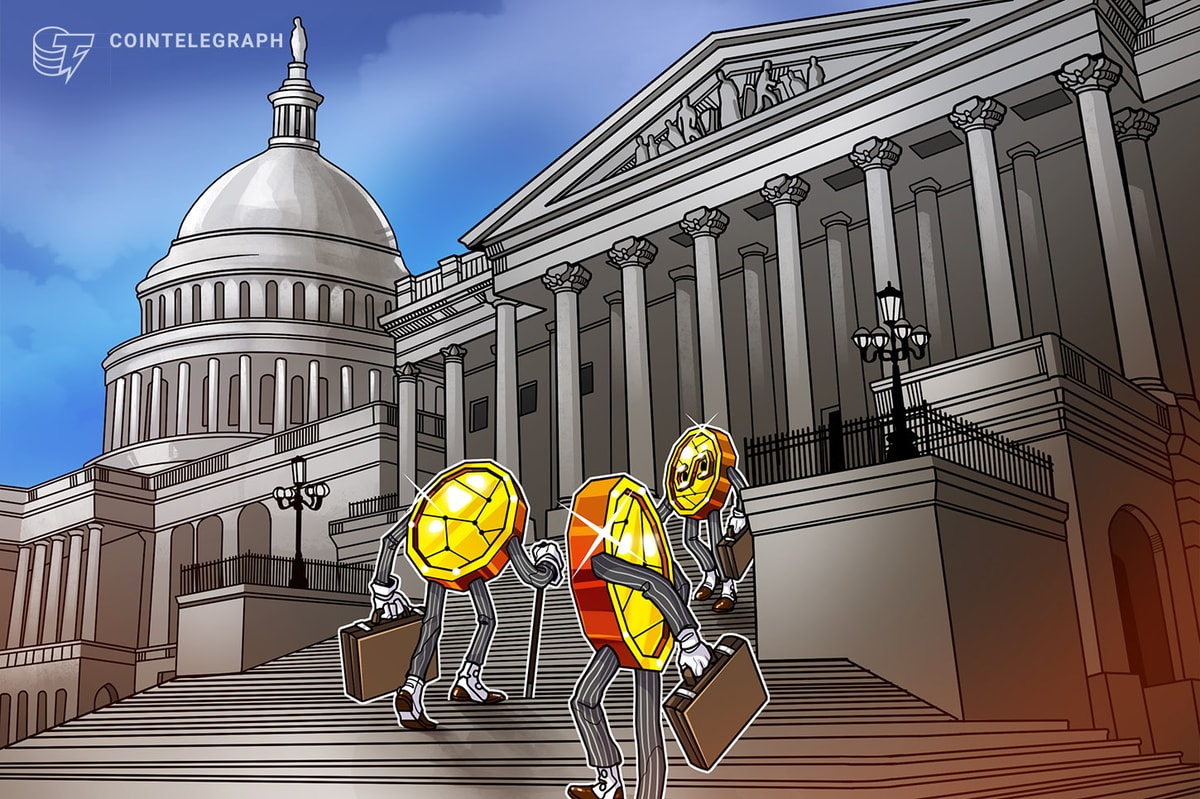Argentina’s president, Javier Milei, has refuted claims that he promoted the controversial Libra token, which quickly tanked in value, leading the crypto-friendly politician to face multiple fraud suits and a call for his impeachment.
“I did not promote that. What I did, I spread the word,” Milei said during a Feb. 17 interview with Todo Noticias, his first public statement since the Libra token controversy that local media have dubbed “Libragate.”
The Libertad project’s native Solana token, Libra (LIBRA), rallied to a $4.56 billion market cap on Feb. 14, shortly after Milei posted about the token on X — but then fell 94% after he deleted the post, prompting accusations of a pump-and-dump scheme.
While Milei claims he has “nothing to hide” and acted in “good faith,” he acknowledged that he has “something to learn” from the ordeal, including the need to “start setting filters” on what conduct is appropriate and what isn’t.
The libertarian economist said that problems flowing from the token launch should only include the parties involved. “The state plays no role here,” Milei said.
When asked about the 44,000 investors that may have been impacted, Milei said that most of them were bots.
“The best case scenario is 5,000 people” were involved, said Milei, who added:
“I would tell you that the chances of there being Argentines is very, very remote.”
María Fernanda Juppet, CEO of Argentine crypto exchange CryptoMKT, believes the Milei scandal won’t change the way Argentines use cryptocurrencies:
“Most transactions in the Argentine market are carried out with dollarized digital currencies,” Juppet said in a note shared with Cointelegraph.
”Therefore, the Milei case does not affect crypto adoption in the country, but rather opens a political discussion. It is not a rejection of technology or the change in the way money is used."
Milei initially said he liked the idea of the LIBRA token as a way to promote Argentina’s economy, which lacks a strong capital market due to the state’s “mismanagement” in recent decades.
Related: Pantera Capital founder faces tax probe over $850M crypto profits: Report
Milei said he wasn’t aware of the exact details of the Solana project when he posted about it and that he had “no connection” to the firm that launched the token.
Milei’s deleted X post. Source: Kobeissi Letter
However, Milei said he held a meeting with KIP Protocol representatives on Oct. 19 in Argentina, where the company informed him about the blockchain project.
In response to the recent controversy, KIP, a Web3 company that builds AI payment infrastructure, recently denied creating the token or acting as a market maker, explaining it was a tech consultancy firm hired to help distribute project funds to local businesses in Argentina.
KIP added in a Feb. 17 X post that its CEO, Julian Peh, didn’t even discuss a token launch when he met Milei in October and that the company wasn’t even informed of when the LIBRA token went live.
The launch was widely known among memecoin insiders as much as two weeks before its sharp rise and fall, according to Jupiter Exchange, which says it has found no evidence any of its team members engaged in insider trading.
Magazine: Influencers shilling memecoin scams face severe legal consequences











